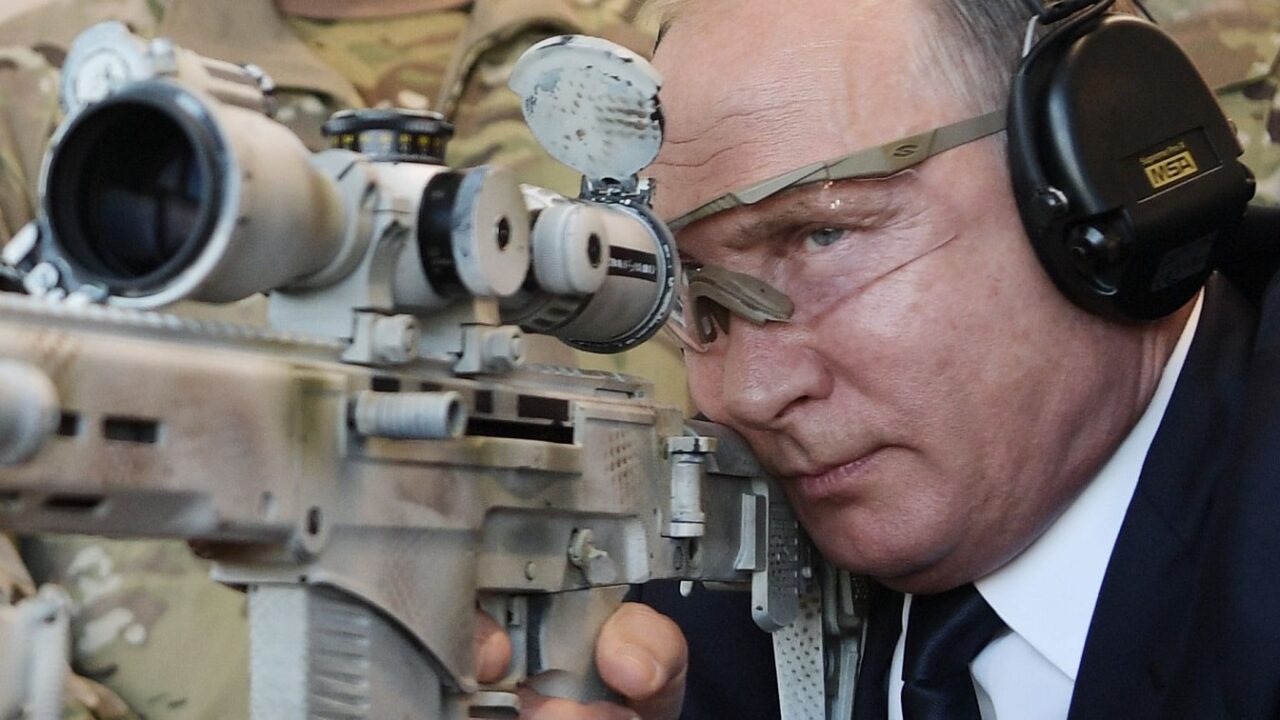Following Russia’s unprovoked invasion of Ukraine last month, countries from around the world have prohibited Russian aircraft from entering their respective airspace. The United States had joined the European Union, the United Kingdom, and Canada in banning Russian planes, part of a worldwide effort to punish Moscow.
The Putin regime has also closed its airspace to airlines from 36 countries, including all 27 members of the EU.
What hangs in the balance are the hundreds of aircraft that have been leased by Russian commercial carriers from foreign companies. On Monday, Russian President Vladimir Putin signed a law that essentially allows the Russian airlines to register those planes and continue flying them.
According to CNBC.com, there are currently some 728 Western-built aircraft in the country’s airlines’ fleets, 515 of them leased by foreign lessor. Russia’s air-transport agency had advised domestic airlines with foreign-registered planes not to take them out of the country because of the risk the planes would be repossessed. Foreign aircraft lessors have been actively seeking to recover the aircraft, which are reportedly to be worth around $10 billion. Under the new law, Russian airlines may simply continue to fly the planes domestically.
However, safety could be an issue. Boeing and Airbus have already announced that they will no longer supply parts for those planes, which could force Russian carriers to adopt a tactic to keep old military aircraft flying – and that means cannibalizing other jets for parts.
“Despite this act providing Russia with more functioning planes, at least in the near future, a number of serious problems are likely to arise in the coming weeks and month,” warned William Davies, associate defense analyst at international analytics firm GlobalData. “Under EU export regulations imposed since the invasion, Russian aircraft are banned from the overflight of EU airspace, and significant restrictions on trade with the aviation sector are in place.
“Both Airbus and Boeing have suspended the supply of spare parts as well as services,” added Davies. “This means that even if Russia waives safety regulations, the aircrafts will still run into insurmountable technical hurdles if they continue flying.”
GlobalData also reported that many smaller suppliers to Russia’s market have also paused services. That includes Rolls-Royce, Safran, GE Aviation and Embraer, among other firms.
“Whilst Russia recently suggested that it may allow domestic third-party companies to step in as maintenance providers, this would not solve the problem of spare parts,” said Davies. “Part of Russia’s attempts to stop repossession is likely to utilize the leased aircraft for spare parts, but even this only prolongs the inevitable collapse of Russia’s aerospace industry.”
Even as Russia will likely keep the leased aircraft, it will have a hard time flying them.
“Additionally, in a further blow to Russia, Russian airlines including AeroFlot have been disconnected from several sales systems provided by foreign technology companies, and the aviation sector has been barred from London’s insurance market which accounts for more than half of aviation premiums,” Davies continued. “The seizure of these aircraft may permanently exclude them from international usage even if the crisis abates, as they may fail to meet maintenance regulations if or when international airspace is again opened to Russia. The cumulative effect of these actions is likely to leave Russia’s aviation sector where it was under the Soviet Union, with extremely limited flights outside of the country.”
Put another way, it seems the aircraft is “Back in the USSR.”
Now a Senior Editor for 1945, Peter Suciu is a Michigan-based writer who has contributed to more than four dozen magazines, newspapers, and websites. He regularly writes about military hardware and is the author of several books on military headgear including A Gallery of Military Headdress, which is available on Amazon.com. Peter is also a Contributing Writer for Forbes.

